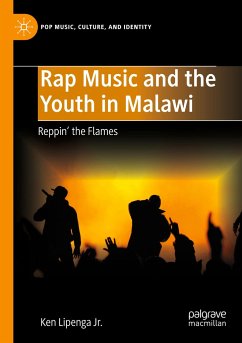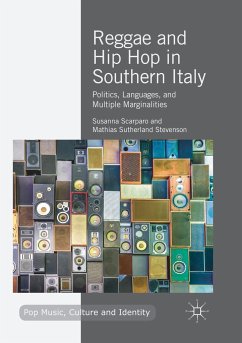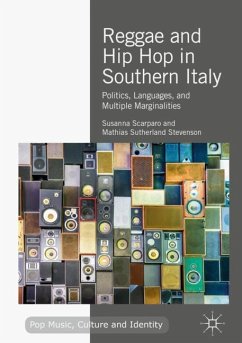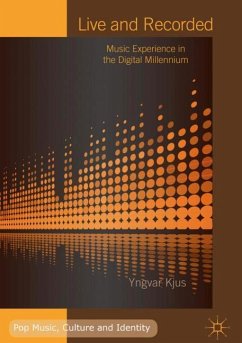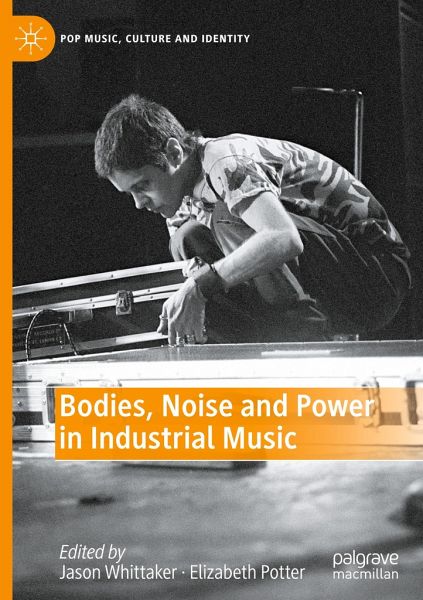
Bodies, Noise and Power in Industrial Music

PAYBACK Punkte
53 °P sammeln!
This edited collection delves into the industrial music genre, exploring the importance of music in (sub)cultural identity formation, and the impact of technology on the production of music.With its roots as early as the 1970s, industrial music emerged as a harsh, transgressive, and radically charged genre. The soundscape of the industrial is intense and powerful, adorned with taboo images, and thematically concerned with authority and control. Elemental to the genre is critical engagement with configurations of the body and related power. Adopting an interdisciplinary approach, this collectio...
This edited collection delves into the industrial music genre, exploring the importance of music in (sub)cultural identity formation, and the impact of technology on the production of music.
With its roots as early as the 1970s, industrial music emerged as a harsh, transgressive, and radically charged genre. The soundscape of the industrial is intense and powerful, adorned with taboo images, and thematically concerned with authority and control. Elemental to the genre is critical engagement with configurations of the body and related power. Adopting an interdisciplinary approach, this collection analyses the treatment of subjects like the Body (animal, human, machine), Noise (rhythmic, harsh) and Power (authority, institutions, law) in a variety of industrial music's elements. Throughout the collection, these three subjects are interrogated by examining lyrics, aesthetics, music videos, song writing, performance and audience reception.
The chapters havebeen carefully selected to produce a diverse and intersectional perspective, including work on Black industrial musicians and Arabic and North African women's collaborations. Rather than providing historical context, the contributors interpret the finer elements of the aesthetics and discourses around physical bodies and power as expressed in the genre, expanding the 'industrial' boundary and broadening the focus beyond white European industrial music.
With its roots as early as the 1970s, industrial music emerged as a harsh, transgressive, and radically charged genre. The soundscape of the industrial is intense and powerful, adorned with taboo images, and thematically concerned with authority and control. Elemental to the genre is critical engagement with configurations of the body and related power. Adopting an interdisciplinary approach, this collection analyses the treatment of subjects like the Body (animal, human, machine), Noise (rhythmic, harsh) and Power (authority, institutions, law) in a variety of industrial music's elements. Throughout the collection, these three subjects are interrogated by examining lyrics, aesthetics, music videos, song writing, performance and audience reception.
The chapters havebeen carefully selected to produce a diverse and intersectional perspective, including work on Black industrial musicians and Arabic and North African women's collaborations. Rather than providing historical context, the contributors interpret the finer elements of the aesthetics and discourses around physical bodies and power as expressed in the genre, expanding the 'industrial' boundary and broadening the focus beyond white European industrial music.






